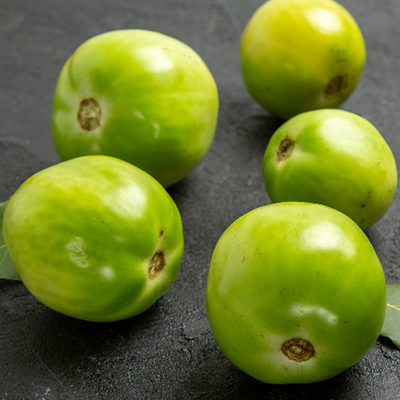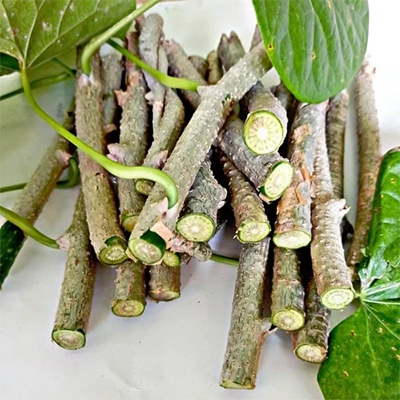- +033 2572 7171
- info@dhanvantary.com

4.5 Rating | 4500 Review

4.5 Rating | 4500 Review
Hyperacidity, also known as acid dyspepsia or acid reflux, occurs when the stomach produces excessive amounts of gastric acid. This condition can lead to discomfort in the upper abdomen, chest pain, heartburn, bloating, and sometimes nausea.
As per Ayurveda the predominantly Pitta dosha in the stomach gets vitiated and flows back into the oesophagus or food pipe this causing a reflux of acid and is called 'Amlapitta'.

Patients with Medical conditions like GERD (Gastroesophageal Reflux Disease), peptic ulcers, or Helicobacter pylori infection usually complain of Hyperacidity.
Eating spicy, fatty, or acidic foods, consuming caffeine or alcohol.
Stress, irregular eating patterns, smoking.
A thin tube with a camera (endoscope) is passed through the mouth to look at the esophagus, stomach, and small intestine for signs of irritation, inflammation, or ulcers.
A small device is used to measure the amount of acid in your esophagus over 24 hours to detect reflux.
You drink a barium solution, and X-rays are taken to check for abnormalities in the digestive tract, such as acid reflux or ulcers.
If the doctor suspects an H. pylori infection (a common cause of acidity), they may perform a breath, stool, or blood test.
Instead of large meals, opt for smaller portions spread throughout the day to avoid overwhelming the stomach with acid production.
Limit or eliminate foods that increase acidity, such as spicy foods, fried and fatty dished, caffeine, carbonated drinks, chocolate, and too much of citrus fruits.
Eat more vegetables, bananas, melons, and non-citrus fruits, which are less likely to trigger acidity.
Both can increase stomach acid and irritate the digestive tract.
Drink plenty of water throughout the day to help neutralize stomach acid.
Eating too late or at bedtime can increase acid production. It's best to have dinner at least 2-3 hours before sleeping.
Excess weight can put pressure on the stomach, causing acid to flow back into the esophagus.
Stress can increase stomach acid. Practice relaxation techniques like deep breathing, yoga, or meditation.
This helps digestion and reduces the amount of acid needed to break down food.
Stay upright for at least an hour after meals to help prevent acid reflux.
These changes can significantly reduce hyperacidity symptoms and help prevent flare-ups.
Ayurveda offers various herbs known to be effective in managing hyperacidity (Amlapitta). Here are some commonly recommended Ayurvedic herbs:

Known for its cooling properties, amla helps in reducing excess acidity and promotes healing of the stomach lining.

It helps in balancing pitta (the dosha related to heat and acidity) and is known for its digestive and immune-boosting properties.

A powerful adaptogen, Shatavari cools and balances excess acidity, supporting digestion and healing.

Similar to licorice, Yashtimadhu has soothing effects on the stomach lining and helps in neutralizing stomach acids.
